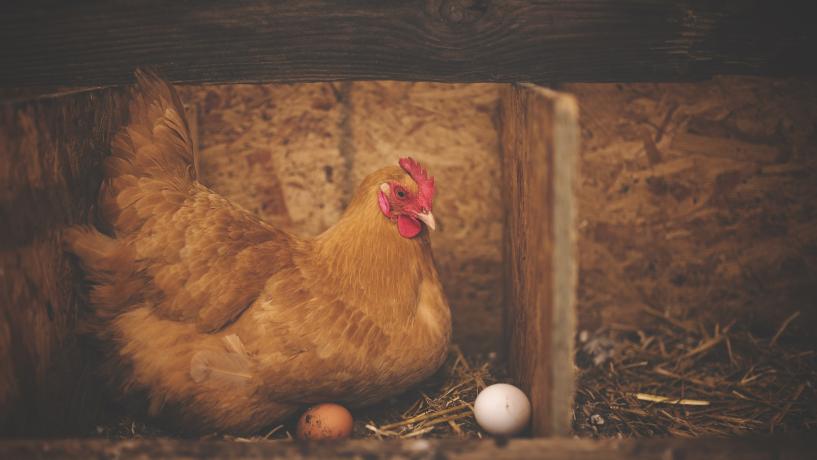
In Queensland, an outbreak of Salmonella in children has been linked to backyard chickens. Within the state there have been 17 reported cases, with 13 of the cases being in children who are younger than 11 years old. Out of all the cases, five have been hospitalised due to Salmonella infection. The chickens were purchased from produce and pet stores throughout Queensland, and an investigation has been launched into the supplier of the chickens.
As a result of the outbreak, the Queensland Health Department has issued a warning about the risks of backyard chickens. There is a tendency with backyard chickens to handle them frequently or to hug and cuddle them. Dr Alun Richards, who is the executive director of the communicable diseases branch stated that “The large majority of cases have reported handling chicks that were purchased in the two-week period prior to their illness.”
Frequently handling chickens and their eggs, along with not washing hands, is risky due to the possibility of contracting a Salmonella infection. All chickens have the potential to shed Salmonella, even if they look clean and are kept in backyards. According to the CDC, chickens can have “Salmonella germs in their droppings and on their feathers, feet, and beaks, even when they appear healthy and clean. These germs can spread to the environment where poultry live and roam, including their coops, cages, hay, soil, and feed and water dishes.”
Eggs from chickens are also one of the top five high-risk foods that can cause food-borne illness. Eggs can easily become contaminated with Salmonella on the outside of the shell. As a result, the Salmonella can potentially contaminate the yolk of the egg if the yolk touches the outside of the shell during food preparation. Also, rare and new strains of Salmonella were identified in Australia late last year – and are strains that can enter and infect the yolks of chicken eggs. These strains present additional risks when it comes to handling and cooking with eggs.
The dangers of Salmonella
The symptoms of a Salmonella infection include diarrhoea, fever and stomach cramps that present approximately 6 to 72 hours after being exposed to the bacteria. The symptoms last approximately 4 to 7 days and most people recover without treatment. Unfortunately, people who are in high-risk groups, such as children and the elderly, are more likely to get a more severe infection.
In order to mitigate the risks of contracting a Salmonella infection, individuals should wash their hands immediately after coming into contact with chickens or their eggs. Parents should supervise their children and ensure that they do not kiss or hug chickens and that they wash their hands immediately after any type of contact. Hand sanitiser should be used only in the event that there is no running water or soap available.
While backyard chickens can be enjoyable and a way to provide food for a household, it is vital that health and safety protocols are followed in order to reduce the risk of contracting Salmonella.




